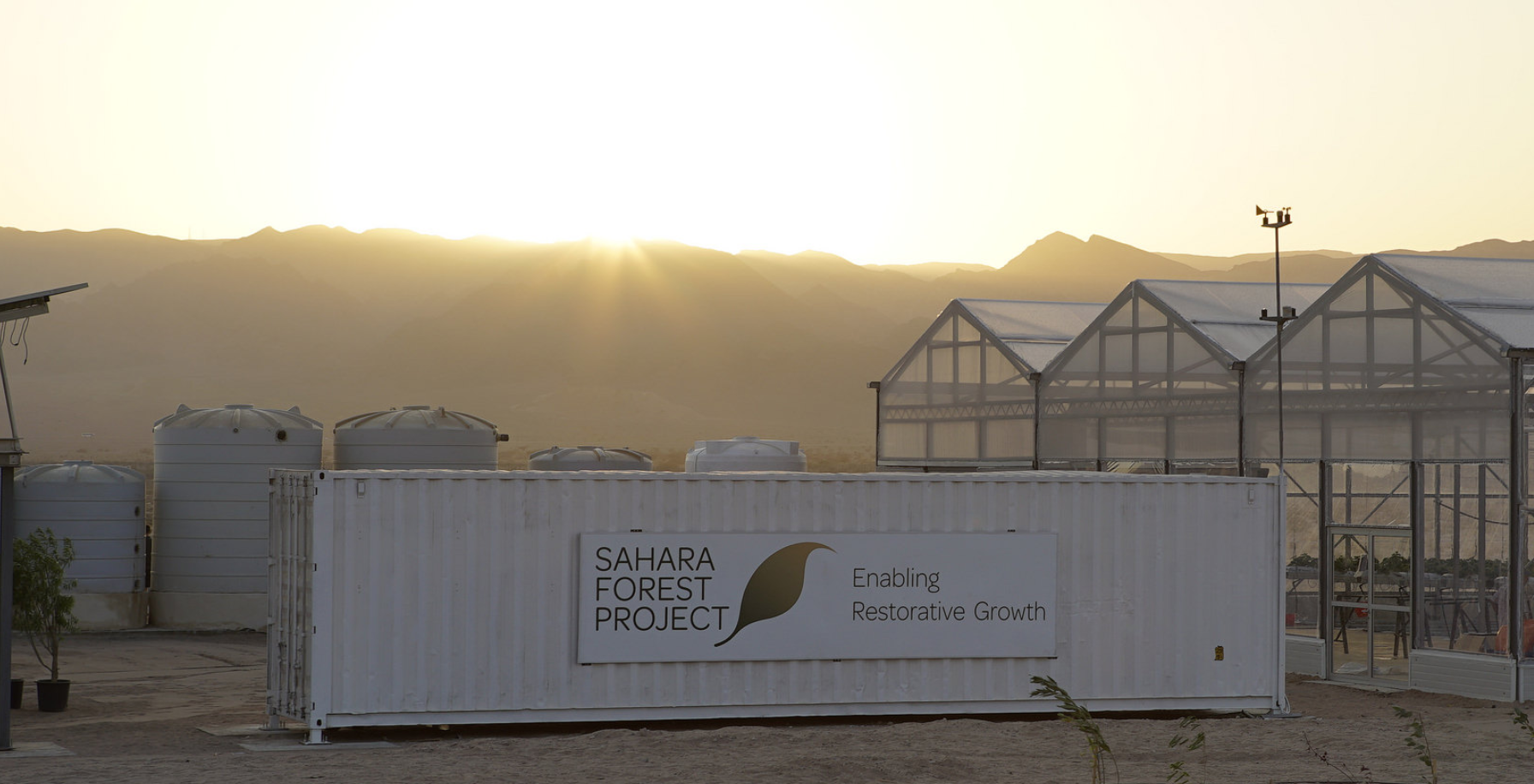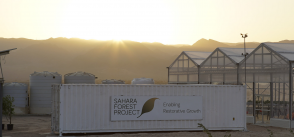
Facing an even hotter, drier climate, Jordan testing desert agriculture
In a patch of barren land that hasn't yielded crops for centuries, engineers from the Sahara Forest Project say they're designing a sustainable farm that uses solar power to desalinate seawater for crops, then uses the runoff to fend off desertification.
Hope in Jordan is taking the form of a cucumber in the desert.
It is not a mirage.
Some say it is the future. In the arid southern desert of Wadi Araba, where scorching temperatures and dust devils leave scant signs of life, a team of environmental engineers is working on a solution for countries on the front lines of climate change, facing drought and rising temperatures.
The engineers say they are designing a sustainable farm that uses solar power to desalinate seawater to grow crops in regions that have been arid for centuries, then uses the irrigation runoff to afforest barren lands and fend off desertification.
Similar ventures have had success in neighboring Israel, but it remains to be seen whether a fully sustainable farm can breathe life into the Jordanian desert and offer a model to a country that cannot spare a drop of its dwindling water resources.
Jordan has struggled for decades with water resources over-stressed by dramatic sudden population growth. Driven by waves of refugees, the population nearly doubled, from 5 million in 2004 to 9.5 million in 2015.
[...]
One potential solution lies in a patch of Jordanian desert that has not yielded crops for hundreds of years.
Originally conceived by environmentalists on the sidelines of the failed 2009 climate change conference in Copenhagen, the Sahara Forest Project was devised as a way to roll back the rapid desertification across Africa and the Middle East while addressing food and energy shortages.
“The food-energy-water nexus is very connected to climate change, and in order to address them, we believe you need to take an integrated approach to address all three,”
(Joakim Hauge, Sahara Forest Project chief executive officer)
Read the full article by Taylor Luck via The Christian Science Monitor.
[Photo via Sahara Forest Project web site]







